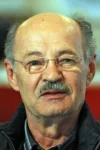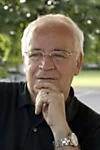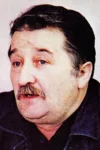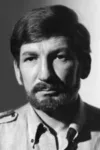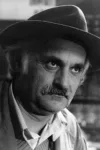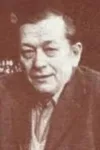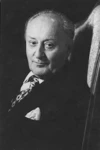Biography
(No Information)
Filmography
all 17
Movies 16
Writer 14
TV Shows 1
Theatre Play

Léda (2011)
Movie
Writer
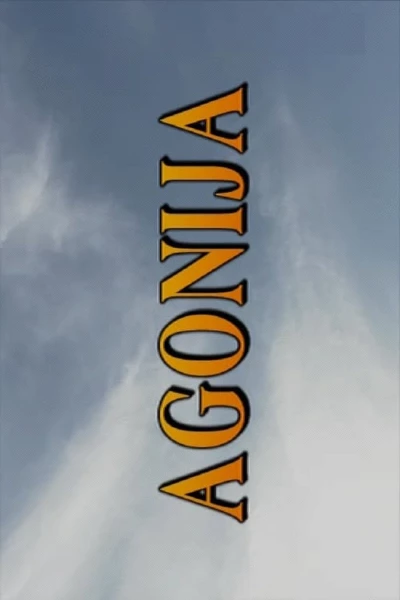
Agony (1998)
Movie
Writer
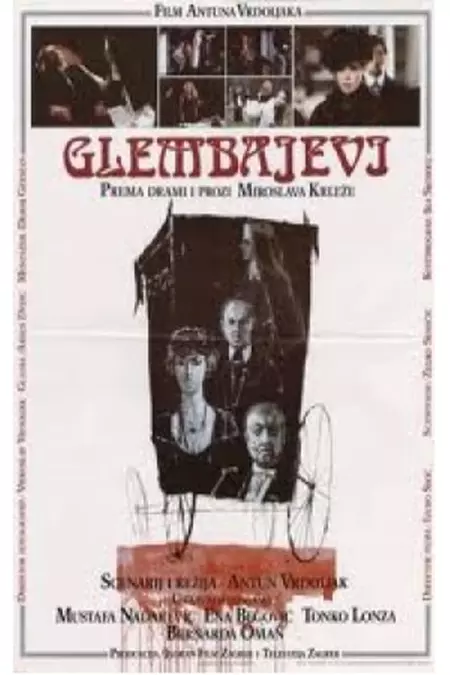
The Glembays (1988)
Movie
Theatre Play
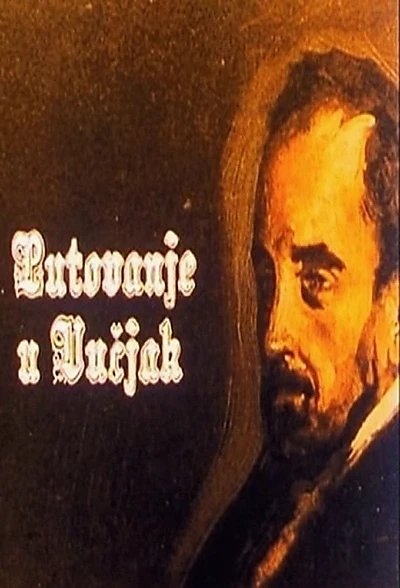
Journey to Vucjak (1986)
TV
Writer
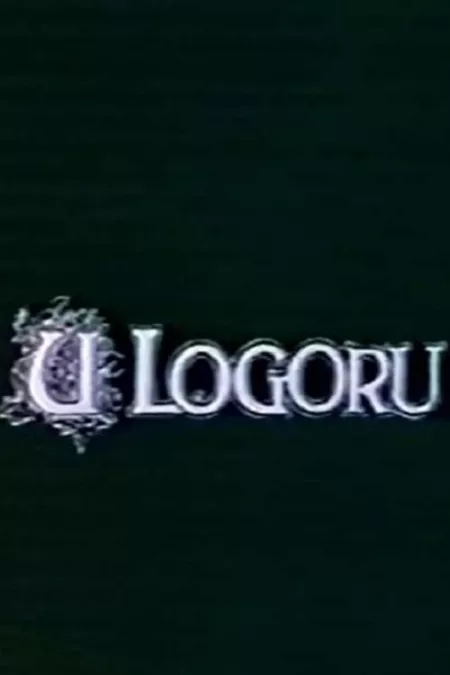
In the Camp (1983)
Movie
Writer
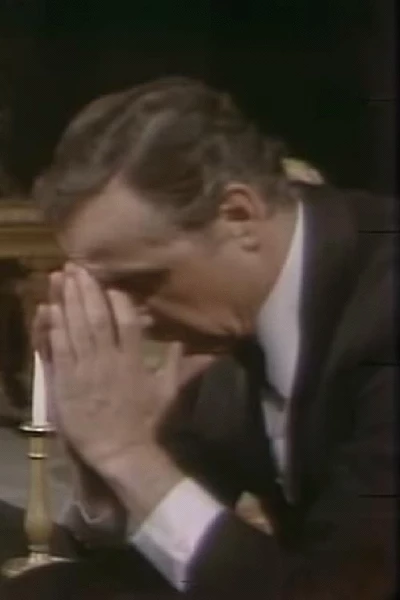
In Agony (1982)
Movie
Writer
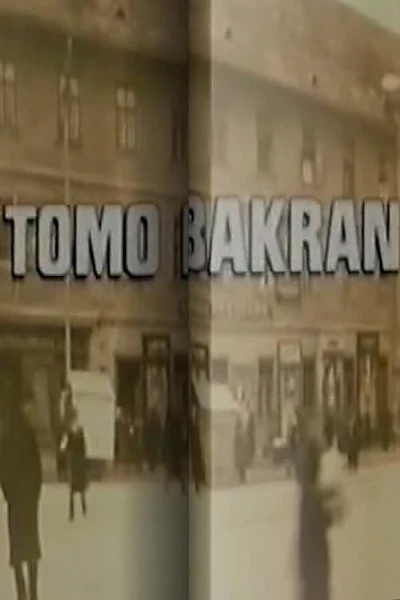
Tomo Bakran (1978)
Movie
Writer

Adam and Eve (1969)
Movie
Theatre Play

Páni Glembayové (1967)
Movie
Writer
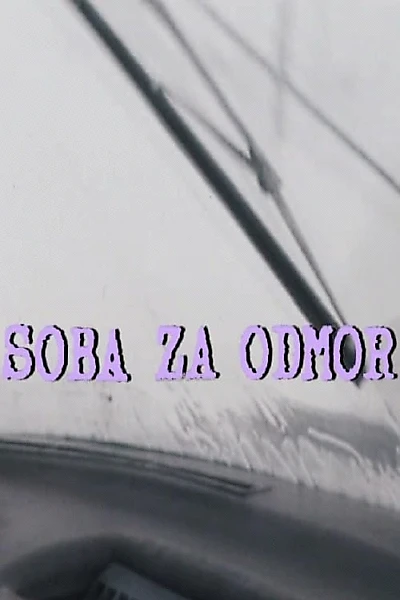
Resting Room
Movie
Information
Known ForWriting
GenderMale
Birthday1893-07-07
Deathday1981-12-29 (88 years old)
Birth PlaceZagreb, Croatia
Religionatheism
CitizenshipsDemocratic Federal Yugoslavia, Kingdom of Yugoslavia, Socialist Federal Republic of Yugoslavia, Kingdom of Hungary
AwardsOrder of the Hero of Socialist Labour, International Botev Prize, NIN Prize, Order of Brotherhood and Unity, star on Croatian Walk of Fame, Order of the Yugoslavian Great Star, Golden Wreath, Vladimir Nazor Award, Austrian State Prize for European Literature, Herder Prize, Grand Order of King Dmitar Zvonimir
This article uses material from Wikipedia.
Last updated:
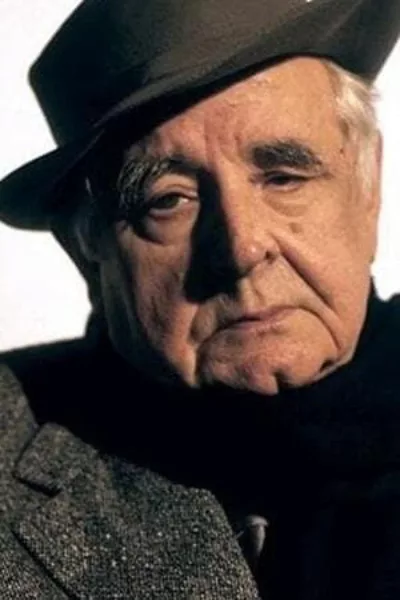 Miroslav Krleža
Miroslav Krleža- Filmography
- Information
- Related Persons
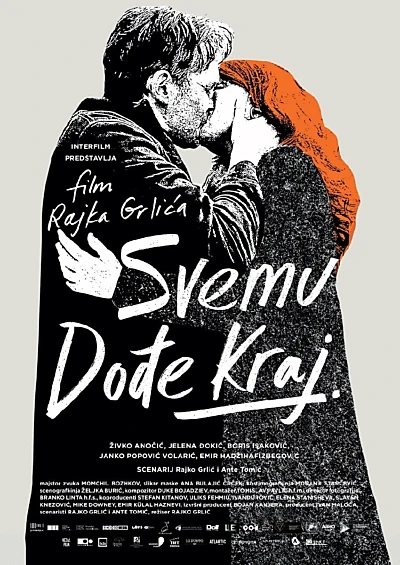
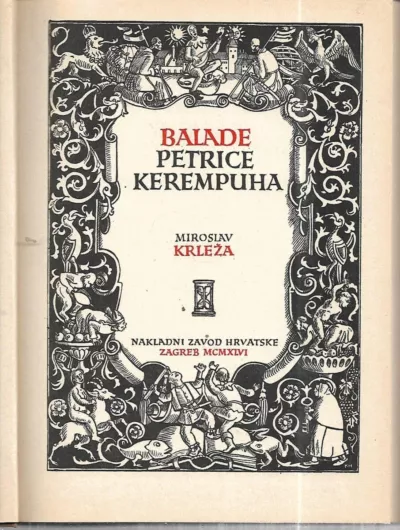
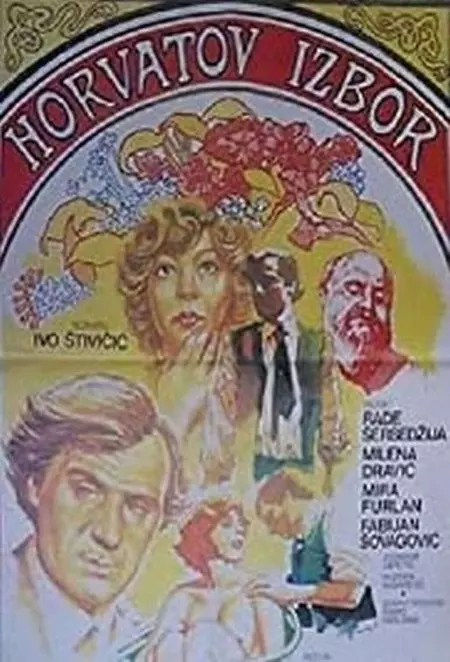
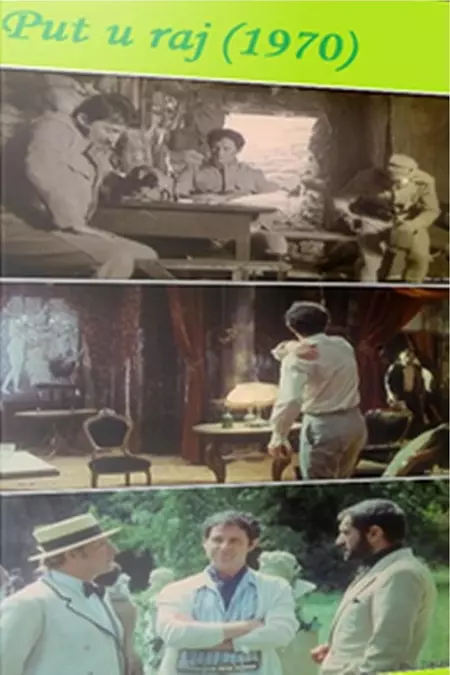
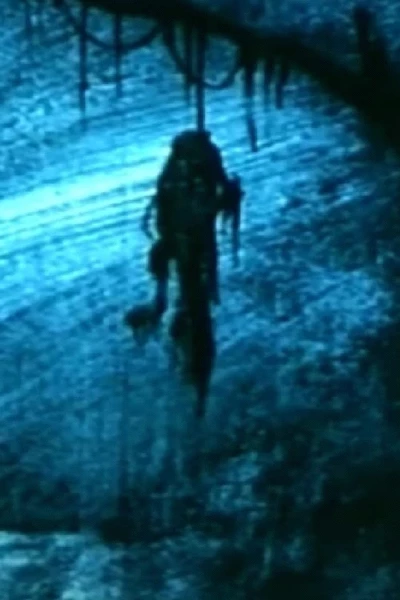

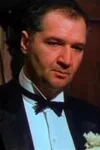
 ,
,

